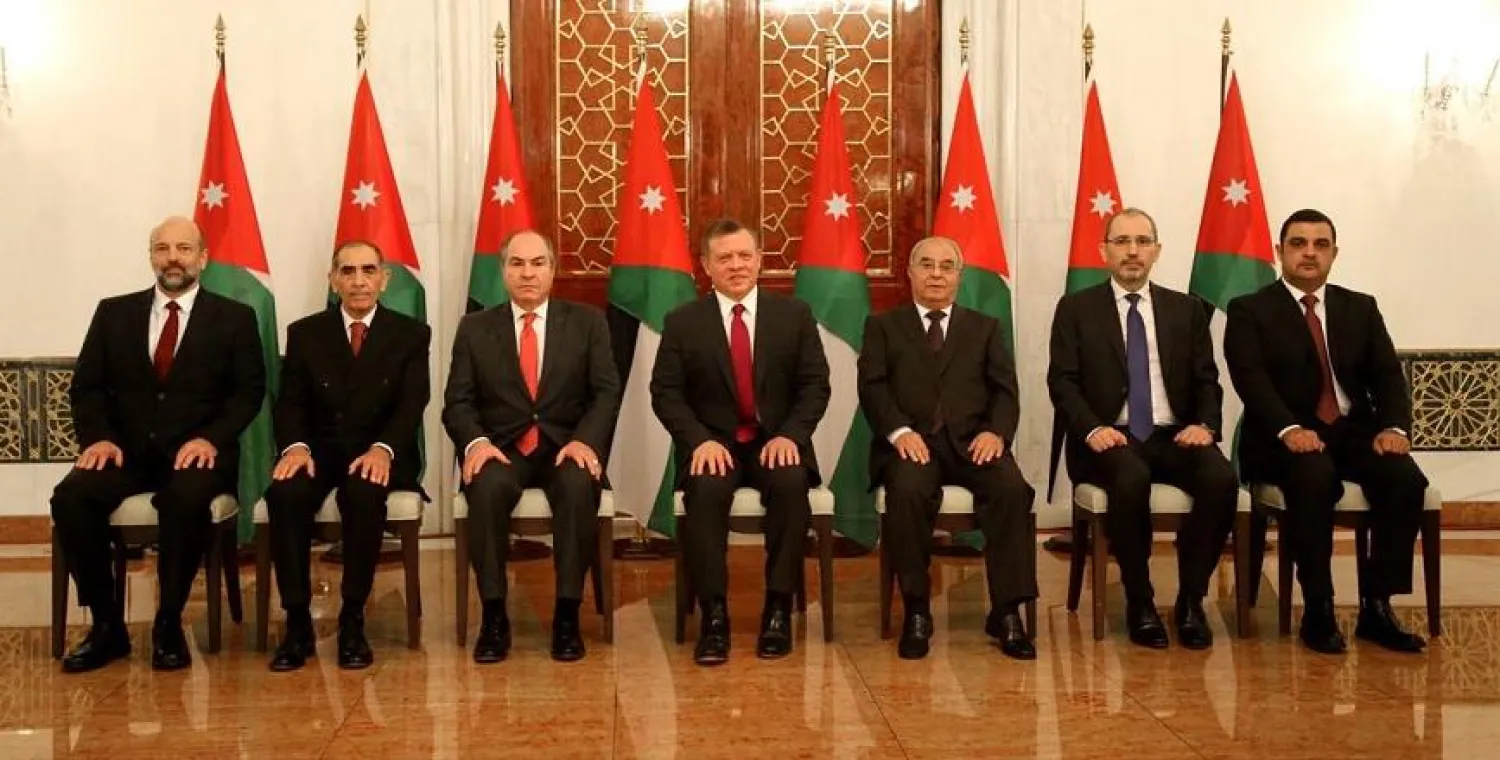The Jordanian government headed by Prime Minister Hani Mulki survived on Sunday an overthrow attempt by Islamist deputies after the Reform bloc and several other independent lawmakers failed to gather the needed support to pass a memorandum requesting a no-confidence motion against the government.
A total of 67 deputies granted confidence to Mulki’s government while 49 withheld confidence and 8 MPs abstained.
The parliament session was attended by 122 deputies out of the 130-seat Lower House.
Following the confidence given to his government, Mulki said he will move ahead with his government's decisions aiming at "upgrading the living conditions of all Jordanians and strengthening the country."
"The government will move ahead with its decisions and will not procrastinate because it is not seeking popularity," the Prime Minister said.
The no-confidence motion was tabled by the Islamist al-Islah (Reform) parliamentary bloc, which includes independent Islamic lawmakers and the Islamic Action Front, the Muslim Brotherhood’s political wing.
The memorandum requesting a no-confidence motion against the government came following economic decisions taken lately by the government, including recent hikes in prices of some good and taxes, and lifting the bread subsidy.
In response to those decisions, the Jordan News Agency, Petra, reported that citizens staged rallies and sits-in last Friday in Amman and other regions to protest against the recent government decisions to increase prices. The demonstrations called for the resignation of government and the dissolution of Parliament.
However, the government said those decisions were necessary to curb the kingdom's budget deficit.
Jordan had witnessed a similar situation in 1963 when the cabinet of Prime Minister Samir al-Rifai failed to gain a vote of confidence and was forced to resign the following day.
Article 54 of the Constitution says, "A session to consider a vote of confidence in the Council of Ministers or any individual minister shall be held at the request of the prime minister or a request signed by no less than 10 deputies."









